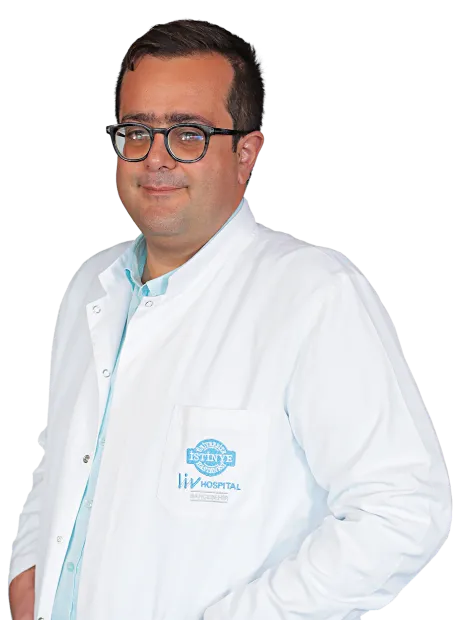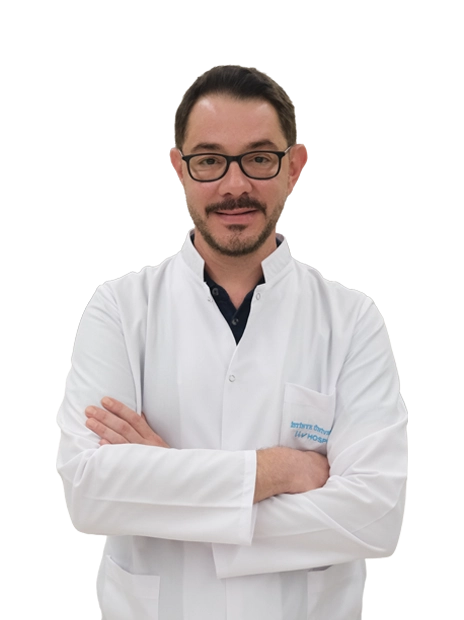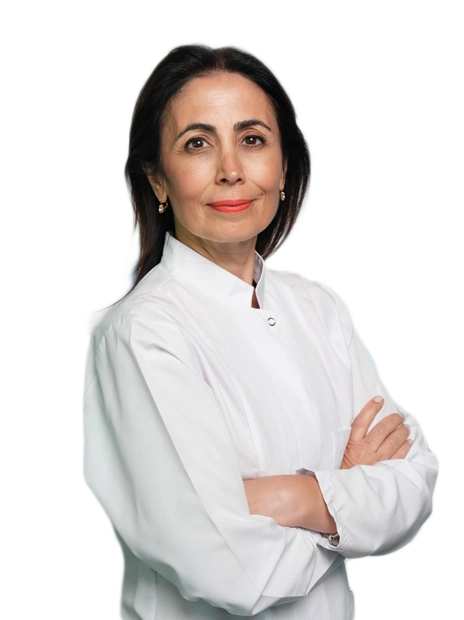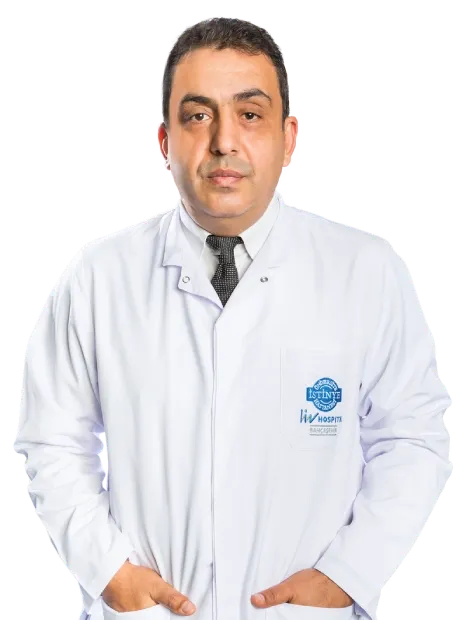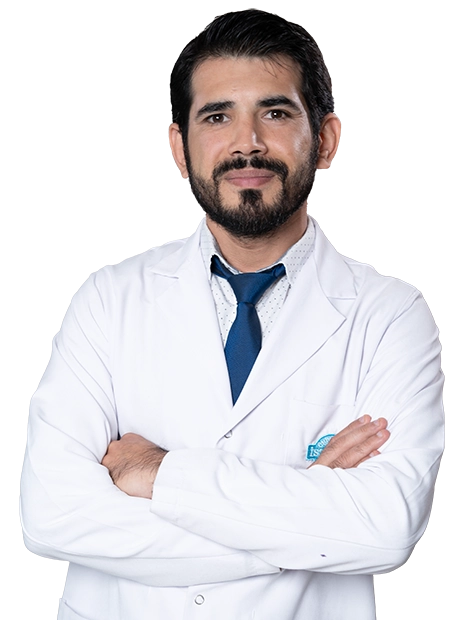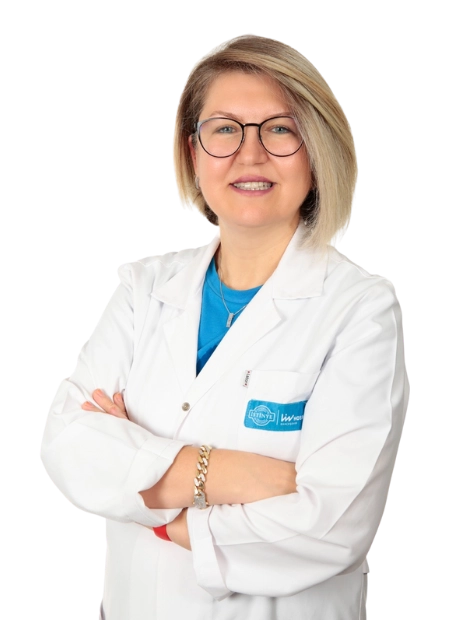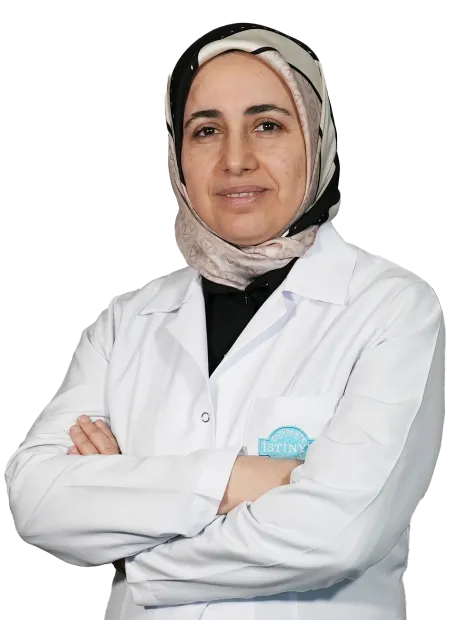
Getting a cancer diagnosis can be scary and confusing. Cancer care involves a team of experts. But, the main doctor you’ll see is an oncologist.
An oncologist is a doctor who deals with cancer. They help with diagnosis, treatment, and managing the disease. There are different types of oncologists, like medical, surgical, and radiation oncologists.
A medical oncologist or cancer doctor uses treatments like chemotherapy and targeted therapy. They help fight cancer with systemic treatments.
Key Takeaways
- Cancer care involves a team of specialists, with the oncologist playing a central role.
- An oncologist specializes in the diagnosis, treatment, and management of cancer.
- There are sub-specialties within oncology, including medical, surgical, and radiation oncology.
- A medical oncologist provides systemic treatments like chemotherapy and targeted therapy.
- Understanding the role of an oncologist is key to making good choices about cancer care.
Understanding Oncology: The Medical Specialty for Cancer Care

Oncology is a complex field that deals with cancer diagnosis and treatment. It is at the heart of cancer research and care. Understanding oncology provides insight into the advancements in cancer treatment.
Definition and Scope of Oncology
Oncology is the study, diagnosis, treatment, and management of cancer. It includes many areas like medical oncology, surgical oncology, and radiation oncology. Oncologists work together to give complete care to cancer patients, using the latest treatments.
” “New advances in oncology have improved diagnosis, treatment, and patient results.”
Historical Development of Cancer Treatment
Cancer treatment has seen a lot of progress. It started with surgery and radiation therapy and now includes targeted therapies and immunotherapy. The growth of oncology has changed how we treat cancer, making treatments more effective.
There have been key moments in cancer treatment, like the start of chemotherapy and the improvement of radiation therapy. We’ve learned a lot about cancer biology, leading to new treatments.
Types of Oncologists: Specialists in Cancer Treatment
It’s important to know about the different types of oncologists. They work together to treat cancer. This team effort is key to effective cancer care.
Medical Oncologists
Medical oncologists use chemotherapy, targeted therapy, and immunotherapy to fight cancer. They are the main doctors for cancer patients. They help manage the treatment plan.
Surgical Oncologists
Surgical oncologists are skilled surgeons. They remove tumors and cancerous tissues. They work with other oncologists to make sure surgery fits into the treatment plan.
Radiation Oncologists
Radiation oncologists use radiation therapy to treat cancer. They plan and give out the radiation treatments. These treatments can be used alone or with other therapies.
Pediatric Oncologists
Pediatric oncologists focus on treating cancer in children. They are trained to handle the special needs of young patients. They work closely with families to offer support.
Each oncologist brings their own skills to cancer care. Together, they form a team that meets the complex needs of cancer patients.
Education and Training Requirements for Oncologists
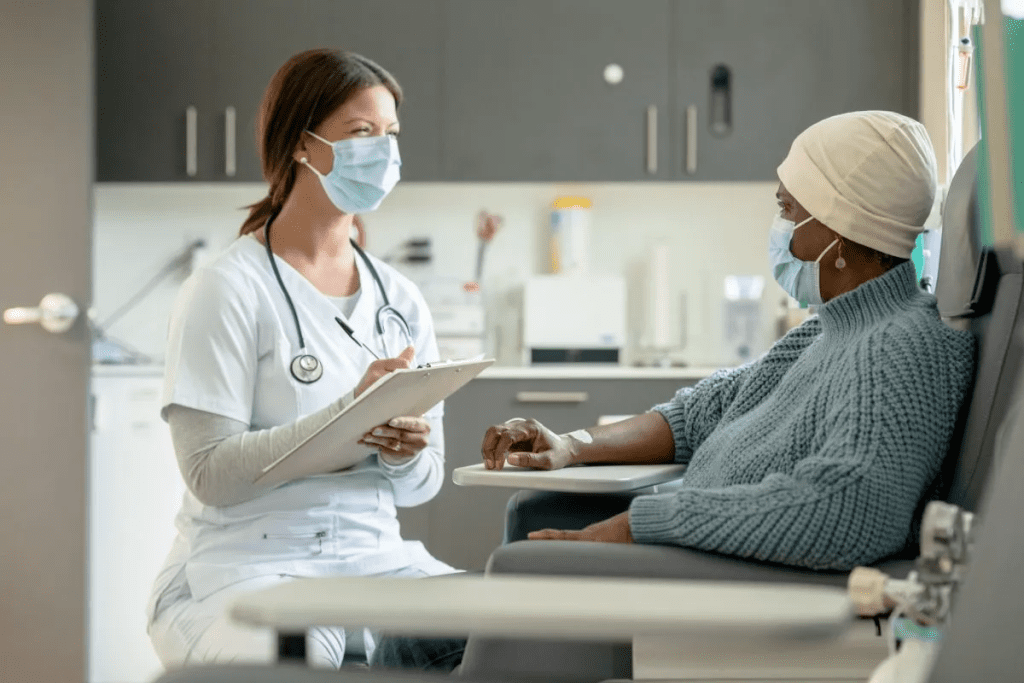
Becoming an oncologist requires a lot of education and training. Oncologists are doctors who deal with cancer. They need to learn a lot to give the best care.
Medical School and Residency Path
To start, you need to go to medical school. You’ll get a Doctor of Medicine (M.D.) or Doctor of Osteopathic Medicine (D.O.) degree. This takes four years, with the first two years on basic sciences and the last two on clinical rotations.
After medical school, you’ll do a residency. This can take from three to seven years. You’ll work with experienced doctors in a real-world setting.
“The foundation of a successful oncology career is laid during medical school and residency, where future oncologists gain the knowledge and skills necessary for their specialty.”
Oncology Fellowships and Board Certification
After residency, you might do a fellowship. These programs last one to three years. They focus on specific areas of oncology, like medical or surgical oncology. This training helps you stay up-to-date with new treatments.
Getting board certified is also important. In the U.S., oncologists can get certified by the American Board of Internal Medicine (ABIM) or the American Board of Radiology (ABR). It shows you meet certain standards in your field.
By going through medical school, residency, fellowship, and getting certified, oncologists are ready to give top-notch cancer care. Our institution is dedicated to using the latest in oncology for our treatments.
The Role and Responsibilities of an Oncologist
An oncologist does many things, like diagnosing, planning treatments, and caring for patients. They are key in fighting cancer. Their work is vital for patient success.
Diagnosis and Staging of Cancer
Getting a cancer diagnosis right is very important. Oncologists use tools like imaging tests and biopsies to find out what kind of cancer and how far it has spread.
We use the latest methods to stage cancer accurately. This helps us create a good treatment plan. The steps include:
- Doing detailed medical histories and physical checks
- Ordering and reading tests like CT scans and MRI
- Doing biopsies to check for cancer cells
Treatment Planning and Management
After finding out what kind of cancer and how far it has spread, oncologists make a treatment plan. This plan might include surgery, chemo, radiation, or immunotherapy.
We work with other doctors to make sure the plan works well. Important parts of planning include:
- Choosing the best treatments based on the cancer type and stage
- Talking about treatment choices and possible side effects with patients
- Working with surgeons and other specialists when needed
Patient Communication and Support
Talking well with patients is key in cancer care. Oncologists need to explain things clearly to patients and their families.
We focus on understanding and talking clearly. We want patients to feel supported during their cancer fight. This means:
- Offering emotional support and listening to concerns
- Helping talk about treatment goals and what to expect
- Connecting patients with help and resources when needed
By putting patients first, we aim to make their lives better and improve their chances of beating cancer.
Subspecialties Within Oncology Practice
Oncology has many subspecialties that are key in fighting cancer. These areas help doctors give more focused care. They make treatment plans that fit the needs of patients with different cancers.
Hematologic Oncology
Hematologic oncology deals with blood, bone marrow, and lymphatic system cancers. This includes leukemias, lymphomas, and multiple myeloma. Doctors in this field use chemotherapy, targeted therapy, and bone marrow transplants to treat these cancers.
Our team has experts in hematologic oncology. They work with patients to create treatment plans that are just right for them. Thanks to new discoveries, patients with blood cancers are getting better care.
Gynecologic Oncology
Gynecologic oncology focuses on cancers of the female reproductive system. This includes ovarian, cervical, uterine, vaginal, and vulvar cancers. Gynecologic oncologists use surgery, chemotherapy, and radiation to help women with these cancers.
She has done important research on ovarian cancer. Her work has helped us understand and treat ovarian cancer better.
Neuro-oncology
Neuro-oncology is about treating brain and spinal cord tumors. Neuro-oncologists work with other specialists to give patients the best care. They use new treatments like targeted therapies and immunotherapies.
Thanks to new research, we have better ways to treat brain and spinal cord tumors. Our neuro-oncology team is always learning about these new treatments. They want to give our patients the best care possible.
Urologic Oncology
Urologic oncology deals with cancers of the urinary tract and male reproductive system. This includes prostate, bladder, kidney, and testicular cancers. Urologic oncologists use both medical and surgical treatments.
He is skilled in robotic surgery and targeted therapies. His work has helped many patients get better.
| Subspecialty | Focus Area | Common Cancers Treated |
| Hematologic Oncology | Blood, bone marrow, lymphatic system | Leukemias, lymphomas, multiple myeloma |
| Gynecologic Oncology | Female reproductive system | Ovarian, cervical, uterine, vaginal, vulvar cancers |
| Neuro-oncology | Brain and spinal cord | Brain tumors, spinal cord tumors |
| Urologic Oncology | Urinary tract and male reproductive system | Prostate, bladder, kidney, testicular cancers |
Finding the Right Oncologist for Your Cancer Care
Choosing the right oncologist is key when you’re diagnosed with cancer. It’s the first step towards effective treatment. Understanding your options and making a smart choice is important.
Factors to Consider When Choosing an Oncologist
When picking an oncologist, think about a few important things. Expertise and experience in your cancer type matter a lot. Also, consider how they communicate and involve you in decisions.
Other key factors include:
- The oncologist’s affiliation with reputable medical institutions
- Availability of multidisciplinary care teams
- Access to cutting-edge treatments and clinical trials
- Support services for patients and their families
It’s a good idea to research oncologists and make a list of questions for your first meeting.
Questions to Ask During Your First Appointment
Asking the right questions in your first meeting helps you see if an oncologist is right for you. Ask about their experience with your specific cancer type, their treatment approaches, and how they measure treatment success.
| Category | Sample Questions |
| Experience and Expertise | How many patients with my type of cancer have you treated? |
| Treatment Approaches | What treatment options do you recommend for my condition? |
| Communication and Support | How will we communicate during my treatment, and what support services are available? |
By thinking about these factors and asking the right questions, you can make a better choice for your cancer care.
Cancer Treatment Approaches and Modalities
Cancer research is making big strides, leading to better treatments. These treatments use different methods to fight cancer. We’ll look at these options, their benefits, and possible side effects.
Chemotherapy and Targeted Therapies
Chemotherapy is a key treatment, using strong drugs to kill cancer cells. Targeted therapies aim to hit cancer cells directly, protecting healthy ones. New targeted therapies offer hope for patients.
At UCSF, scientists found how triple-negative breast cancer cells take energy from fat cells. This discovery could lead to new treatments that starve cancer cells, slowing their growth.
Radiation Therapy Techniques
Radiation therapy uses high-energy rays to kill cancer cells. New methods like IMRT and SBRT are more precise and cause less harm. These advances mean better treatment with fewer sessions, improving life quality.
Surgical Interventions for Cancer
Surgery is key in cancer treatment, often paired with other methods. Surgical interventions vary, from small procedures to big operations. It depends on the cancer type and stage.
New surgical techniques, like robotic surgery, are more precise and quick. This means patients can recover faster and get back to their lives sooner.
Knowing about cancer treatments helps patients and doctors choose the best plans. This way, everyone can work together for the best results.
The Multidisciplinary Oncology Team
The multidisciplinary oncology team is key in caring for cancer patients. They cover all care needs, from start to finish. This team approach makes sure every aspect of care is covered.
At the center of this team are many healthcare experts. Each one brings their own skills to the table. They work together to give the best care possible.
Oncology Nurses and Nurse Practitioners
Oncology nurses are vital in daily cancer care. They give treatments, watch patient health, and offer emotional support. Nurse practitioners lead clinics and plan care.
For example, oncology nurses do:
- Give chemotherapy and other treatments
- Watch for patient reactions and side effects
- Teach patients and families about care plans
Oncology Pharmacists and Nutritionists
Oncology pharmacists focus on cancer meds. They work with doctors to make sure treatments are safe and work well.
Nutritionists, like Julie Cunningham, help with treatment side effects. They create diet plans to help patients stay healthy and recover well.
| Professional | Role in Cancer Care |
| Oncology Pharmacists | Manage and prepare cancer medications, ensuring safe and effective treatment |
| Nutritionists | Develop personalized nutrition plans to support patient health and recovery |
| Social Workers | Provide emotional support and connect patients with community resources |
Social Workers and Patient Navigators
Social workers help with the emotional and social challenges of cancer. They offer counseling and connect patients with resources.
Patient navigators guide patients through the healthcare system. They make sure patients get the care they need on time. They help with communication between healthcare providers.
In conclusion, the multidisciplinary oncology team is essential for patient care. By working together, they ensure cancer patients get the support and treatment they need.
The Patient Experience with Oncology Care
Getting a cancer diagnosis is a big change in a person’s life. It needs caring and detailed oncology care. The experience is not just about the treatment. It’s also about emotional support and clear talks during their journey.
Initial Diagnosis and Consultation
The first time a patient hears they have cancer is very tough. Clear and compassionate communication from doctors is key. We make sure patients get the right info about their diagnosis and treatment options quickly.
At the first meeting, patients meet their oncology team. This team includes many specialists who will help them. Building a good relationship with the team makes patients feel more at ease and informed about their care.
Treatment Journey and Follow-up Care
Cancer treatment can be complex, with many steps like surgery, chemo, and radiation. We make sure all specialists work together smoothly. Supportive care services like pain management and nutrition help a lot.
After treatment, regular check-ups are important. They help see if the treatment worked and catch any problems early.
Survivorship and Long-term Monitoring
Survivorship care is for patients after treatment ends. We create personalized survivorship care plans for each patient. These plans include watching for cancer return, managing late effects, and helping with healthy living.
Keeping an eye on patients long-term is key. It helps catch any late effects of treatment. We support patients and their families through these challenges.
Advancements in Modern Oncology: Cutting-Edge Cancer Treatments
Modern oncology is changing fast, bringing new hope to cancer patients. Researchers at places like UCSF are leading these changes. They are finding new ways to care for cancer.
Immunotherapy and Biological Treatments
Immunotherapy is a new hope for fighting cancer. It uses the body’s immune system to attack cancer cells. This includes therapies like checkpoint inhibitors and CAR-T cell therapy, which are showing great promise.
Biological treatments, like monoclonal antibodies and cancer vaccines, are also being developed. They aim to target cancer cells while protecting healthy tissues.
Precision Medicine and Genetic Testing
Precision medicine is changing cancer treatment. It tailors therapies to fit each patient’s genetic profile. Genetic testing helps find the exact mutations causing cancer, leading to more effective treatments with fewer side effects.
We’re moving towards personalized medicine. Treatments are now designed to match each patient’s unique genetic cancer characteristics.
Clinical Trials and Experimental Therapies
Clinical trials are key to improving cancer treatment. They test new therapies and combinations. These trials give patients access to treatments not yet widely available.
Experimental therapies, like gene editing with CRISPR, are being explored. They show promise for treating different cancers. Though early, these therapies could be a big step forward in cancer treatment.
| Treatment Modality | Description | Potential Benefits |
| Immunotherapy | Harnesses the immune system to fight cancer | Targeted action, fewer side effects |
| Precision Medicine | Tailors treatment to individual genetic profiles | More effective, personalized treatment |
| Clinical Trials | Tests new therapies and treatment combinations | Access to innovative treatments |
Career Outlook and Compensation for Oncologists
The need for skilled oncologists is growing as cancer cases increase worldwide. We’ll look at the career outlook and pay for oncologists. This includes the job opportunities and challenges in this field.
Demand for Oncology Specialists
The need for oncologists is rising due to an aging population and more cancer cases. Statistics show cancer cases will increase over the next decade. This means more oncology professionals are needed.
Key factors contributing to the demand for oncologists include:
- The growing elderly population, which is more susceptible to various types of cancer.
- Advances in cancer treatment, leading to improved survival rates and an increased need for long-term care.
- The rising incidence of certain cancer types due to lifestyle and environmental factors.
Oncologists are in high demand. They can work in hospitals, private practices, and research institutions.
Salary Ranges and Practice Settings
Oncologists’ pay varies based on location, practice type, and experience. They are among the top-paid medical specialists due to the complexity and demand of their work.
Salary ranges for oncologists can be influenced by:
- Geographic location, with urban areas typically paying more than rural areas.
- Type of practice, with private practice often paying differently than academic or research positions.
- Level of experience, with more experienced oncologists earning more.
Oncologists have many practice settings to choose from. Each setting offers different benefits and challenges. These include:
- Private practice, which offers autonomy and potentially higher pay.
- Academic and research institutions, providing opportunities for teaching and research.
- Hospitals and healthcare systems, which offer a structured environment and teamwork opportunities.
Understanding the career outlook and compensation for oncologists helps medical professionals make informed career choices. This way, they can contribute to the field of oncology.
Oncology Centers of Excellence in the United States
Oncology centers in the U.S. lead in cancer research and treatment. They focus on giving top-notch care to patients. These places are key to better cancer outcomes and patient experiences.
In the U.S., many top cancer care centers exist. These centers have specialized programs and modern facilities for all cancer patients.
Top-Rated Cancer Treatment Facilities
Top cancer treatment centers in the U.S. are known for their excellence. They use a team approach to treat cancer. This means experts from many fields work together for each patient.
- Advanced diagnostic and treatment technologies
- Multidisciplinary teams of cancer specialists
- Personalized treatment plans tailored to individual patient needs
- Access to clinical trials and innovative therapies
Specialized Cancer Care Programs
Specialized cancer care programs are a key feature of top centers. These programs meet the unique needs of different patients and cancer types. For example, some focus on pediatric cancer, while others specialize in breast or lung cancer.
We work with leading cancer centers to ensure patients get the best care. Our aim is to offer full support to international patients seeking top medical treatments in the U.S.
Global Perspectives on Oncology Practice
Cancer is a big health problem worldwide. It’s important to know how different places deal with it. The way cancer care is given changes a lot, based on things like the local healthcare system and resources.
International Standards and Approaches
Even though cancer care varies, there’s a push for global standards. Groups like the International Agency for Research on Cancer (IARC) and the World Health Organization (WHO) help set these standards. They work to make sure cancer care is top-notch everywhere.
Key elements of international standards include:
- Evidence-based treatment protocols
- Comprehensive cancer registration and surveillance
- Access to essential medicines and technologies
- Multidisciplinary care teams
- Patient-centered care approaches
Following these standards helps doctors around the world do better for cancer patients. It’s part of the fight against cancer globally.
Oncology in Developing Countries
In developing countries, fighting cancer is tough. There’s not enough money, resources, or trained doctors. But, these countries are working hard to get better at cancer care.
“The burden of cancer is growing in low- and middle-income countries, where four out of every five cancer-related deaths occur.” This shows we need to work together to help these countries.
Ways to help include:
- Building capacity through training and education
- Implementing cost-effective cancer control strategies
- Enhancing access to essential cancer medicines
- Promoting public awareness and early detection
By sharing knowledge and working together, we can improve cancer care worldwide. This way, every patient, no matter where they are, can get the best care.
Conclusion: The Evolving Field of Cancer Care
The field of oncology is growing fast, with new findings and ideas making treatments better. Oncologists do many things, like finding and treating cancer, and helping patients. The future looks bright, with new ways to fight cancer coming along.
We at our institution are all about top-notch cancer care. We aim to lead in the changing world of cancer treatment. Our team keeps learning and innovating, so our patients get the best care. By teaming up with experts and keeping up with new discoveries, patients can face their cancer journey with hope.
FAQ
What is oncology?
Oncology is the medical field that focuses on cancer. It includes diagnosing, treating, and managing cancer.
What kind of doctor specializes in cancer?
An oncologist is a doctor who deals with cancer. They diagnose, treat, and manage it.
What are the different types of oncologists?
There are many types of oncologists. They include medical oncologists, surgical oncologists, and radiation oncologists. Pediatric oncologists also specialize in children’s cancer care.
What is the role of a medical oncologist?
Medical oncologists use treatments like chemotherapy and targeted therapies. They help diagnose and treat cancer.
How do I choose the right oncologist for my cancer care?
Look for an oncologist with the right experience and approach. Ask questions during your first visit to find the best care.
What is the importance of board certification for oncologists?
Board certification shows an oncologist is well-trained. It means they can provide top-quality cancer care.
What are the different cancer treatment approaches and modalities?
Treatments include chemotherapy, targeted therapies, and radiation therapy. Surgical interventions and immunotherapy are also used.
What is the role of the multidisciplinary oncology team?
The team includes doctors, nurses, and more. They work together to give patients the best care.
What are the latest advancements in cancer treatment?
New treatments like immunotherapy and precision medicine are emerging. They offer hope and better outcomes for patients.
How do oncologists stay current with the latest developments in cancer care?
Oncologists keep up with new treatments through education and research. They also join clinical trials.
What is the demand for oncology specialists?
The need for oncologists is growing. This is because more people are getting cancer and need specialized care.
What are the salary ranges for oncologists?
Oncologists’ salaries vary based on location, experience, and where they work. But, they are generally well-paid.
What are oncology centers of excellence?
These are top cancer treatment facilities. They offer advanced care and programs for patients.
How does oncology practice vary globally?
Oncology practices differ worldwide. Each region faces unique challenges and needs tailored cancer care approaches.
References
Wallace, P. J., & Wheeler, M. R. (2015). The role of hematologists in a changing United States healthcare environment. Journal of Hematology & Oncology, 8(1), Article 3.




